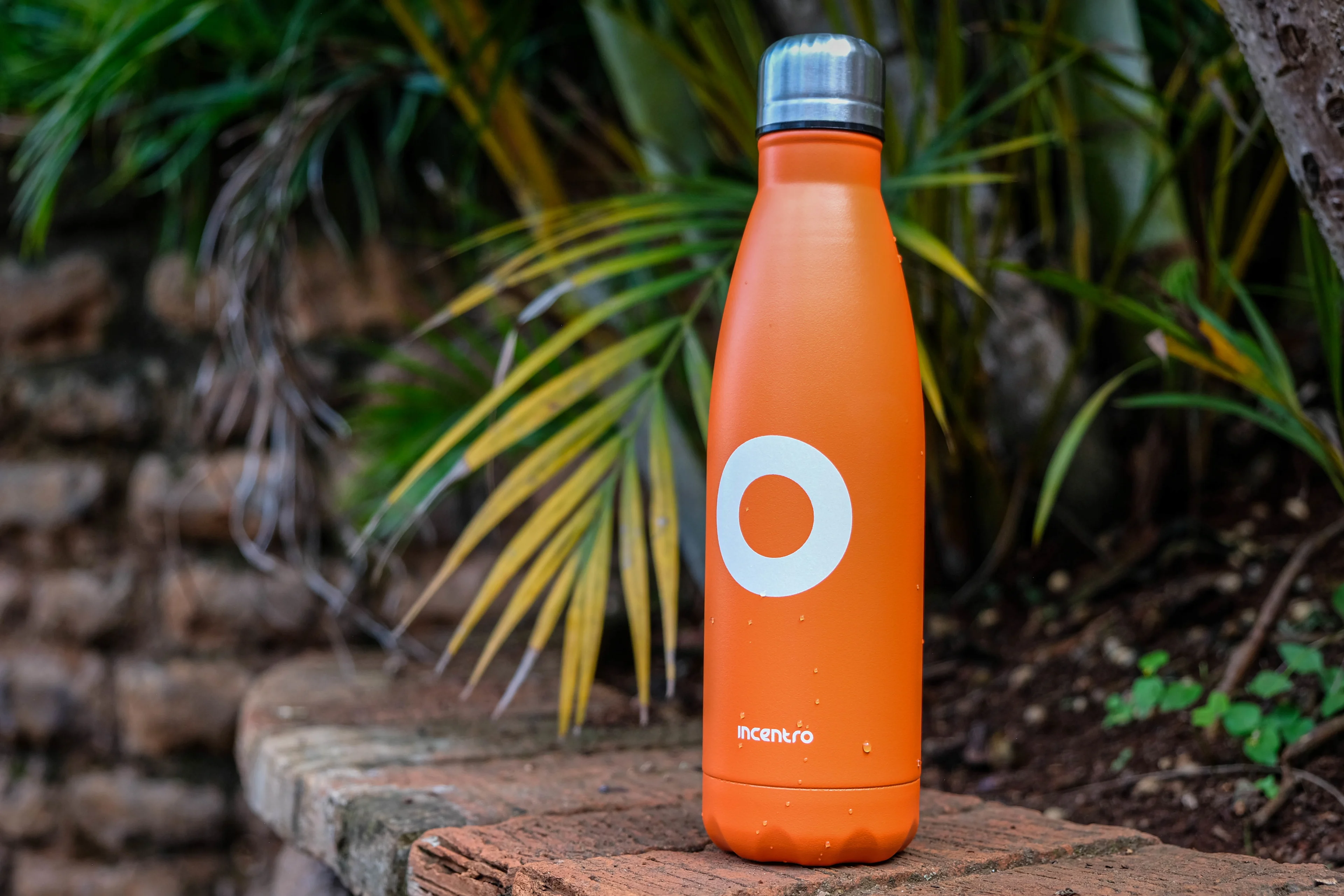Google Cloud announced Google Distributed Cloud during Google Next ‘21 virtual event. This announcement means that customers can now have some of Google Cloud’s services running on select certified hardware and software either in their data centers with full autonomy or colocation data centers. Naturally, this spurred multiple questions in the minds of IT admins the world over. We’ve got the answers.
1. Where can Google Distributed Cloud be deployed to?
Google’s network edge. Allowing customers to leverage over 140+ Google network edge locations around the world.
Operator edge. Enabling customers to take advantage of an operator’s edge network and benefit from 5G/LTE services offered by our leading communication service provider (CSP) partners. The operator edge is optimized to support low-latency use cases, running edge applications with stringent latency and bandwidth requirements.
Customer edge. Supporting customer-owned edge or remote locations such as retail stores, factory floors, or branch offices, which require localized compute and processing directly in the edge locations.
Customer data centers. Supporting customer-owned data centers and colocation facilities to address strict data security and privacy requirements, and to modernize on-premises deployments while meeting regulatory compliance.
2. What Google Cloud services are running on Google Distributed Cloud?
Google Distributed Cloud is enabled by Anthos. It helps you to build and run applications on GKE clusters and virtual machines anywhere with a Cloud-backed control plane for consistent management at scale.
3. Will Google Distributed Cloud make management of the hardware and software harder for me and my organization?
The answer is no. Google Distributed Cloud is a fully-managed integrated hardware and software solution, meaning you don’t have to worry about the underlying infrastructure and can focus on your application and business initiatives. Google Cloud aims to simplify operations leveraging Google’s expertise and track record in areas like skill deployment fleet management and site reliability engineering. This allows you to focus on your business priorities and leave the complexities to Google Cloud.
4. Will this meet our data sovereignty needs?
Yes. Google Distributed Cloud (GDC) enables customers to have a full spectrum of control.
Data Sovereignty: Keep data within the sovereign cloud
Data is allocated on your premise and under the control; No data transferred outside of your isolated environment.
Operational Sovereignty: Fully control your own platform
Operated independently of Google Cloud and global networks.Can be operated by customer directly or a trusted partner, on dedicated networks and with local control plane.
Software Sovereignty: Cloud as a trusted local service
Google Cloud’s open core and open API helps reduce vendor risk and enable operational and software continuity even in black swan events. The benefits of cloud are delivered locally.
5. Will I need to have my Google Distributed Cloud on premise connected to Google Cloud?
No. Google Distributed Cloud includes a hosted mode to run sensitive workloads. Hosted mode helps you meet sovereignty needs by addressing data residency with strict security and privacy requirements all while providing you with a way to modernize on-premise deployments. Customers can manage this directly or host through a designated and trusted partner. This will not require connectivity to Google Cloud at any time to manage infrastructure and uses a local control plane for operations. Upgrades and patches are offered by Google and verified by the trusted partner.
Want to know more about the Cloud, Cloud computing or Google's Distributed Cloud? Get in touch.

